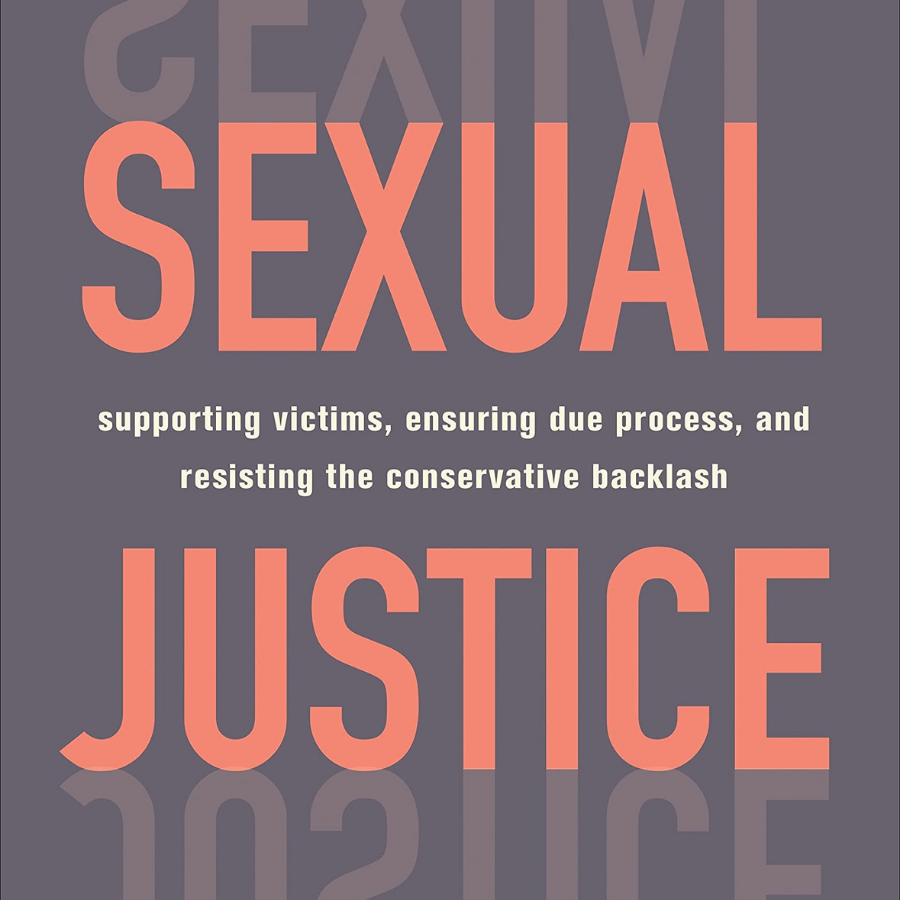It was the early 2010s when, suddenly, conversations about sexual assault on college campuses were everywhere. At least it seemed so to me.
Know Your IX — a survivor- and youth-led project that empowers students to end sexual and dating violence in their schools — was founded in 2013. In 2015, the world watched as Emma Sulkowicz, a student at Columbia University, began dragging a mattress around campus in protest of the school’s mishandling of her sexual assault claim. It was also that year that journalist Jon Krakauer published Missoula, about a series of sexual assaults at the University of Montana and the long slog toward possible justice. The book itself was a long, depressing slog, too, though brilliantly done.
At the time, I was just a few years out from publishing my own book, one in which I touched upon rape culture and the systemic sexualization of women. In my rush to publication, I confessed my worries to an agent about the timeliness of my book. I referenced the increasing number of allegations against Bill Cosby, the most high-profile sexual assault story at the time. Was I already too late?
She straightened up the pages of my proposal. Smoothed them down. “Unfortunately,” she said, “books like this will always be timely.”
The Pursuit of Sexual Justice Is Ongoing
This past August, civil rights lawyer Alexandra Brodsky published Sexual Justice. Way back when (2013), Brodsky co-founded Know Your IX. In 2015, she co-edited The Feminist Utopia Project, a collection of essays, stories, and artwork containing “fifty-seven visions of a wildly better future.” She was also a senior editor for Feministing, a feminist blog that was launched by Jessica Valenti and her sister Vanessa in 2004, around the time of my own feminist awakening. She’s had her hand in so many projects that came to define my own coming of age as a young adult.
These days, Brodsky litigates cases concerning civil rights abuses in schools and the criminal legal system. I don’t know how she found the time to write such a brilliant book in the midst of all that, but brilliant it is. In Sexual Justice, Brodsky makes a case for how schools, workplaces, and other institutions can create processes that address sexual harassment (and other forms of misconduct) in ways that are fair to all. She provides background on the different types of grievance procedures that exist, delves into the bad-faith arguments around “due process,” highlights problems around exceptionalism when it comes to sexual misconduct cases, and gives a glimpse of how we might move forward. It’s a fascinating read.
In 2022, these issues are just as urgent as they were nearly a decade ago. True justice, whatever that might mean, is still hard to come by. As activists like Mariame Kaba, who advocates for the abolition of the prison industrial complex, get louder, more and more folks wonder: What about restorative justice? As for sexual assault in particular, the past few years have yielded such essential titles as Chanel Miller’s Know My Name, Stacey May Fowles and Jen Sookfong Lee’s Whatever Gets You Through, Jennifer S. Hirsch and Shamus Khan Sexual Citizens, Jodi Kantor and Megan Twohey’s She Said, Becky Cooper’s We Keep the Dead Close, and Melissa Febos‘s Girlhood.
Just as that long-ago agent told me, stories like these are always timely. And schools and other institutions still grapple with how best to handle such cases.
An Infuriating Shift in How Those Accused of Sexual Misconduct Are Fighting Back
Near the end of Sexual Justice, Brodsky touches upon a troubling development in the world of sexual misconduct on college campuses: the use of men’s rights rhetoric as a vehicle for protecting the accused.
In a recent piece published on The Hill, journalist Brooke Migdon notes a positive shift in on-campus protests. Where before, protests tended to focus upon the need for better survivor resources and Title IX protections (both important, obvs), many protests these days center on greater accountability for perpetrators and more comprehensive prevention education.
“That’s not prevention,” Tracey Vitchers, the executive director of It’s On Us, tells Migdon. “That’s creating a community environment where sexual assault is not acceptable.”
At the same time, Kylie Cheung reports for Jezebel on how men accused of sexual misconduct on college campuses are suing over “anti-male bias” — and seeing their cases move forward.
Brodsky, who lends her voice to the piece, points out that such cases are only further enabled by Trump-era policies that were developed through consultation with militant men’s rights groups. Biden did announce last year his intention to enact updated Title IX policies in April. Brodsky (and all of us, I’m assuming), can only hope that this will mean a reversal of those Trump-era policies, one that better supports student survivors.
In the meantime, Know Your IX has a great section on their website on how to take action on your own campus, and I highly recommend all of the books mentioned throughout this piece.

